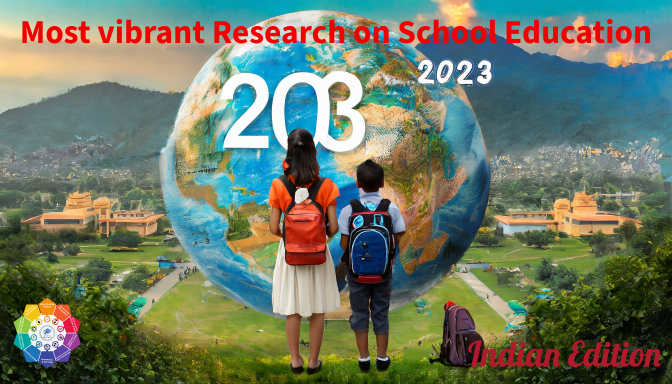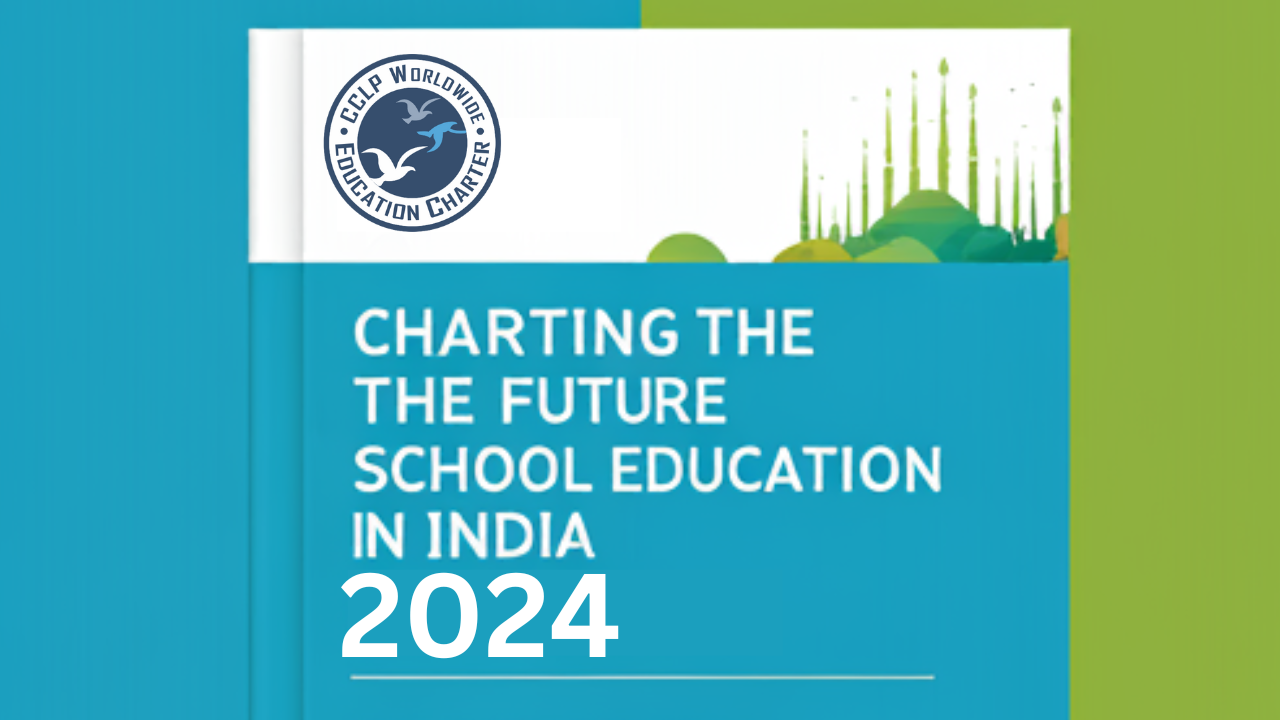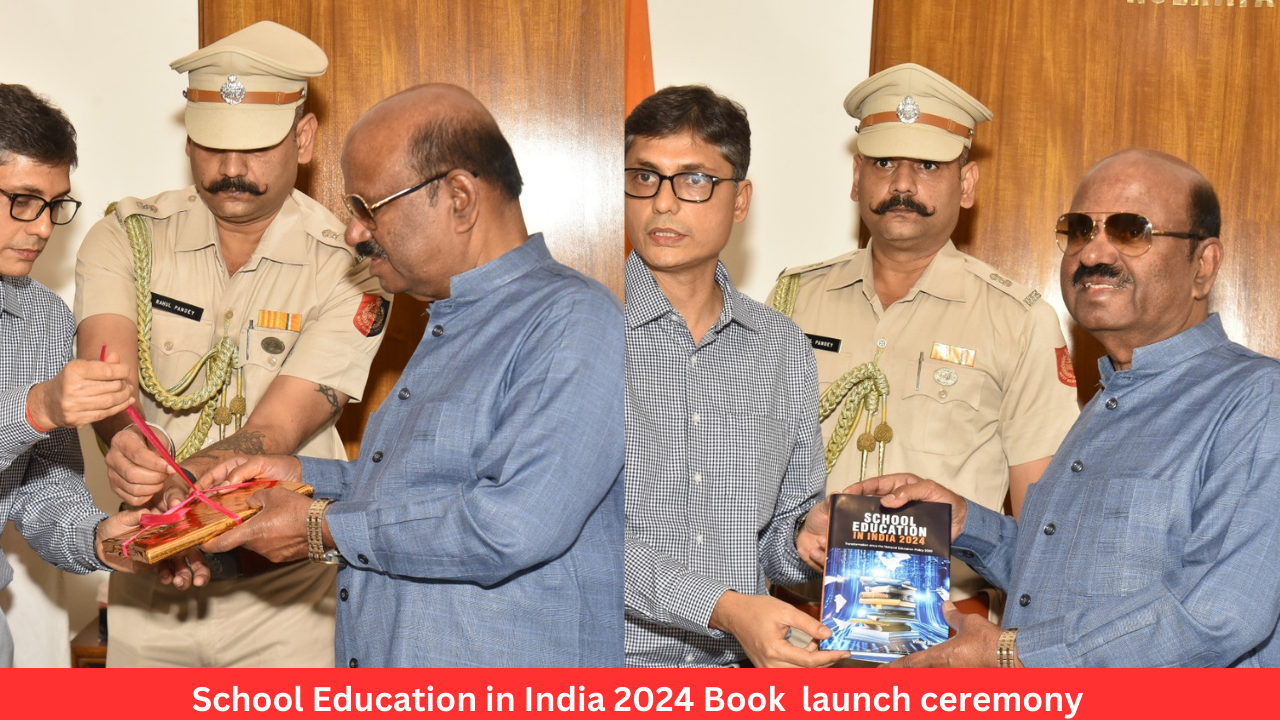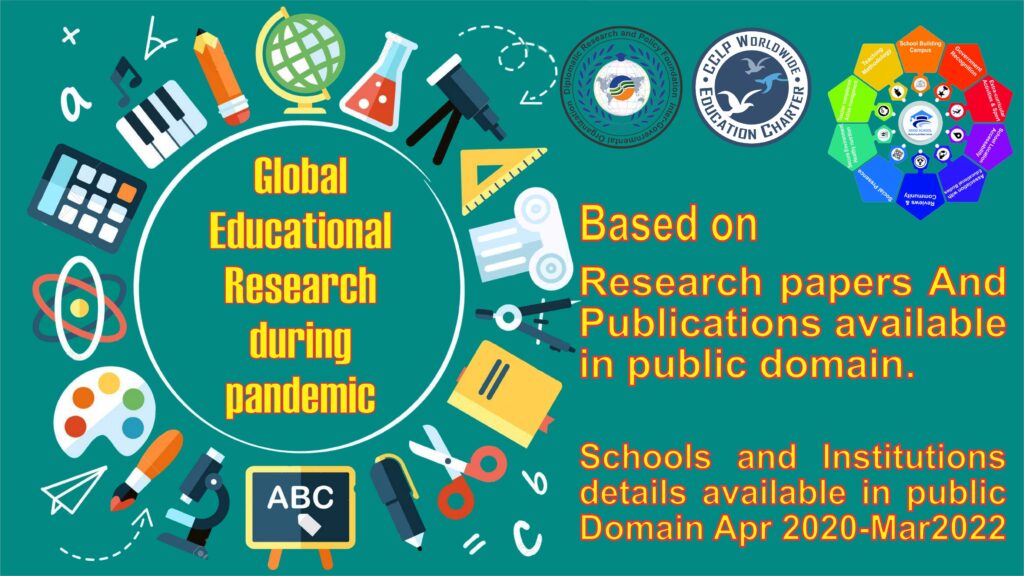
Global Education research integrates education outcomes in 2019 pandemic and post-pandemic educational needs or mandated changes.
We added the importance of the student experience during the pandemic period as well as online instruction and the impact of pandemic restrictions on academic outcomes.
This interesting but tedious study was carried out by the International Organization for Education Charter and the DRPF University Intergovernmental Body.
This study was not funded or promoted by any educational group or government agency. The goal of this research is to present a fair and objective vision of education from the perspective of the student, teacher, and school or institution.
The study was based on information available in the public domain as no information was sought from any institution. We also took into account many studies and publications published during this time, and this study was consistent with our goals.
However, the research we performed did not rely on respondents’ data, but rather on a review of information and notes published during the period.
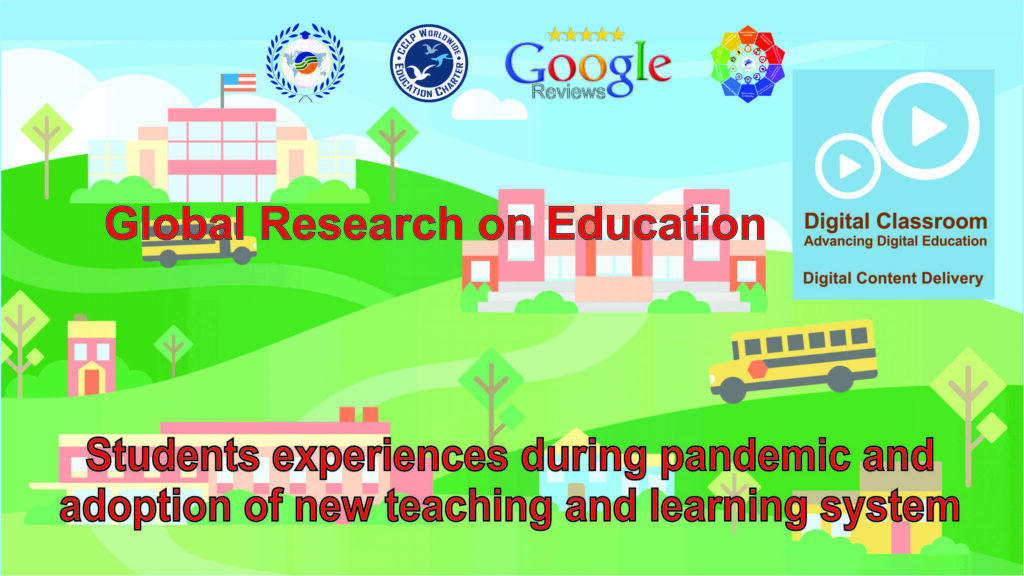
For clarity, we have taken the period from April 2000 to March 2022 as a period in which various events, methodologies, or technological applications occurred in the education sector.
This video-based study can be important information for students, teachers, schools and institutions, and society as a whole.
We’ve divided our conclusions into four parts.
And this video represents the first part of an in-depth global study of education.

The second part explains in detail what problems or obstacles all actors encountered in education during this period. This section also discusses the benefits experienced when adapting to a new way of learning.
The third part explains what corrections or changes are needed to achieve better results.
In season four, we continue our school selection practice as before in our 2019 research and 2020 research.
For the sake of clarity, we selected 60 schools and academies to understand the basic reality of the situation.
In this process, we extended our study to schools in West Bengal state, India, and data was collected on CBSE top 60 schools out of 10 points of good school ranking matrix exclusive copyright of CCLP Worldwide. This time, we’ve added another matrix that we call “Digital Content Delivery“.
Readers may be interested in more such articles



